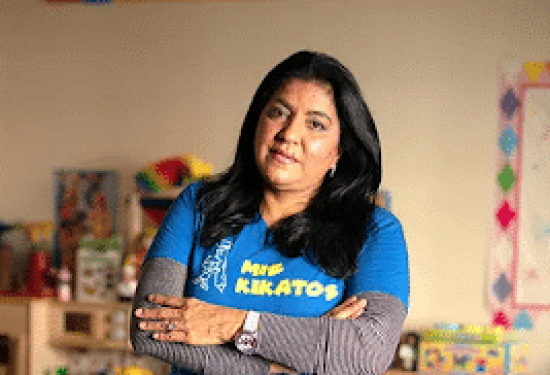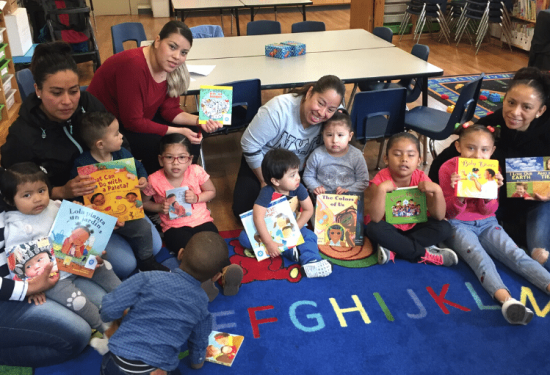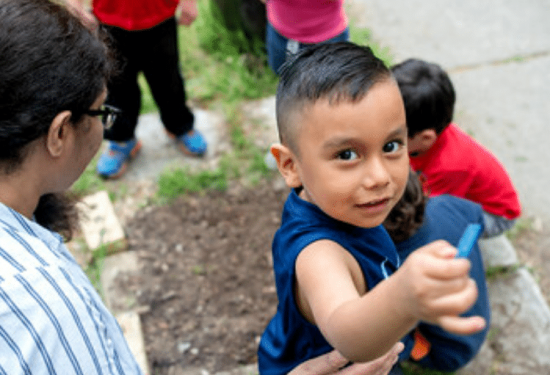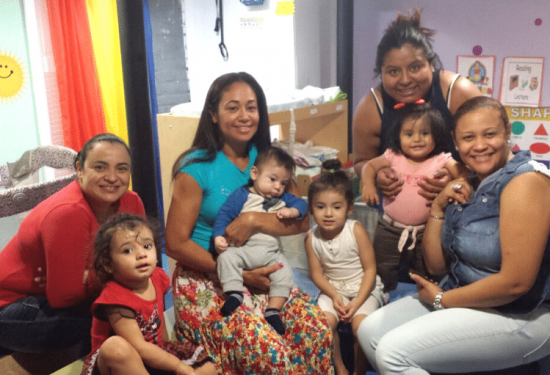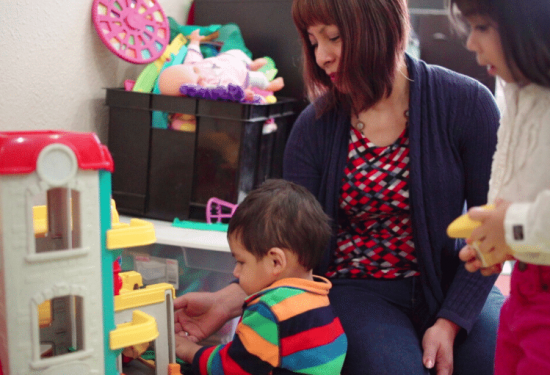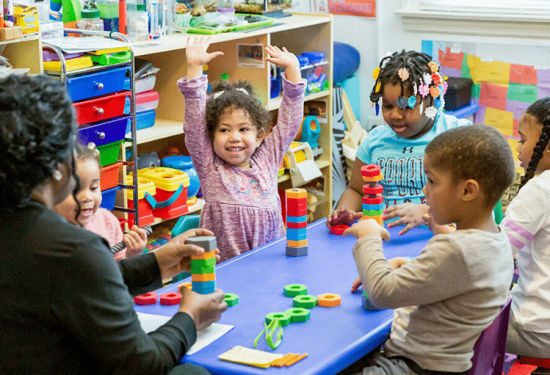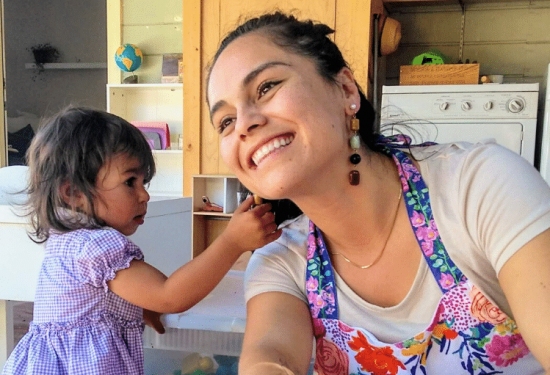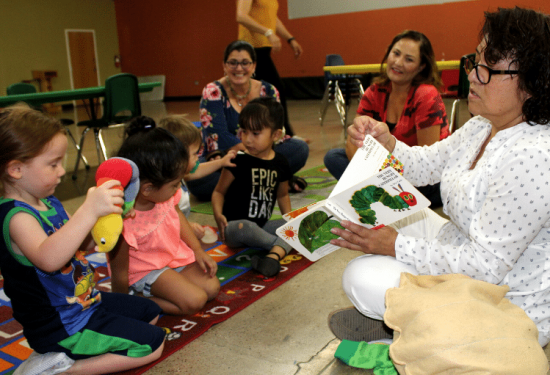Home Grown is a national collaborative of funders committed to improving the quality of and access to home-based child care with a mission to increase access to and the quality of home-based child care.

Home Grown
Articles by Home Grown
March 27, 2025
Home Grown remembers Maritza Manrique, a fierce early childhood education advocate, a home-based child care provider and a member of the Home Grown Policy Workgroup.
March 13, 2024
Read Home Grown’s Statement on the Final Rule: Improving Child Care Access, Affordability, and Stability in the Child Care and Development Fund (CCDF).
February 19, 2024
Home Grown appreciates the work of the Biden-Harris Administration to revise the Child Care and Development Fund (CCDF) State/Territory Plan Preprint. This blog contains our recommendations.
November 15, 2023
Home Grown is proud to endorse the Child Care Nutrition Enhancement Act in both the U.S. House and now the U.S. Senate. We look forward to working with Members of Congress to help accomplish our shared goal of keeping our kids fed.
June 18, 2020
The Home Grown Child Care Emergency Fund was complemented by funding from the Greater Milwaukee Foundation in the amount of $250,000. Collectively, the Wisconsin Early Childhood Association awarded $350,000 to 140 licensed child care providers in the lowest income neighborhoods of Milwaukee.
June 18, 2020
With the support of Home Grown, Child Care Aware of Washington will provide $200 grocery store gift cards to 450 caregivers who need some extra financial support during the COVID-19 pandemic.
June 18, 2020
Success By 6 Family Child Care Emergency Fund is supporting providers to sustain home-based child care in Austin/Travis County. The fund will award 54 providers grants of up to $1,500 with the goal to address both immediate needs and long-term sustainability and quality of the in-home child care ecosystem.
June 18, 2020
Greenville First Steps launched an emergency fund to support home-based child care providers in South Carolina. The fund provides one-time grants of up to $1,900 to 150 providers in rural and urban areas.
June 18, 2020
A coalition of philanthropy, government, and business partners has allowed the Chautauqua County Crisis Response Fund to deploy mini-grants to the local child care resource and referral organization to assist 49 home-based child care providers that are impacted by COVID-19.
June 18, 2020
Programs for Parents launched a COVID-19 emergency fund to support the 180 registered family child care providers and 120 family, friend, and neighbor providers in Essex County, the largest county in the state of New Jersey.
June 18, 2020
West Central Initiative leverages partnerships to provide families and communities in west-central Minnesota with the resources they need to thrive. With support from Home Grown, they allocated $1,000 to every 100 family-based providers on a first-come, first-served basis.
June 18, 2020
La Red Latina de Educación Temprana “La Red” is a community-created model and intermediary designed to train and support FFN providers. La Red Latina de Educación Temprana has developed a fund to address immediate needs in the Latinx community due to the COVID19 pandemic.
June 18, 2020
Early Childhood Investment Corporation, with support from Home Grown and the Ralph C. Wilson Jr. Foundation, will provide grants of up to $2,000 to 43 providers in Washtenaw County.
June 18, 2020
Hawaii Community Foundation has launched the Home-Based Child Care (HBCC) Emergency Fund powered by the Hawaii Resilience Fund (HRF), to provide relief to licensed home-based child care providers across Hawaii.
June 18, 2020
A NAEYC survey reported in April 2020 that 61% of child care programs were completely closed in Georgia. Of providers who are still open, 85% were operating at less than 25% capacity.
June 18, 2020
Community Resources for Children is providing wrap-around support for 62 home-based child care providers in Napa County in the form of $1,000-$2,500 stipends to help offset losses due to decreased enrollment and increased costs related to safety and health requirements.
June 16, 2020
Roughly 75% of child care providers in Arizona, including school programs, faced at least a temporary closure.

